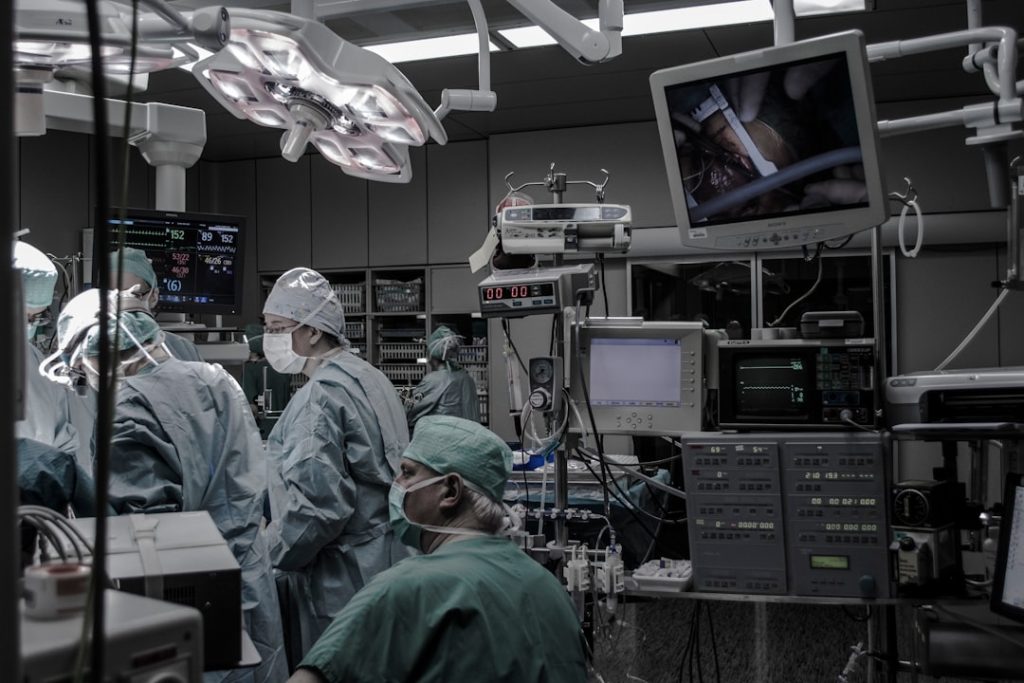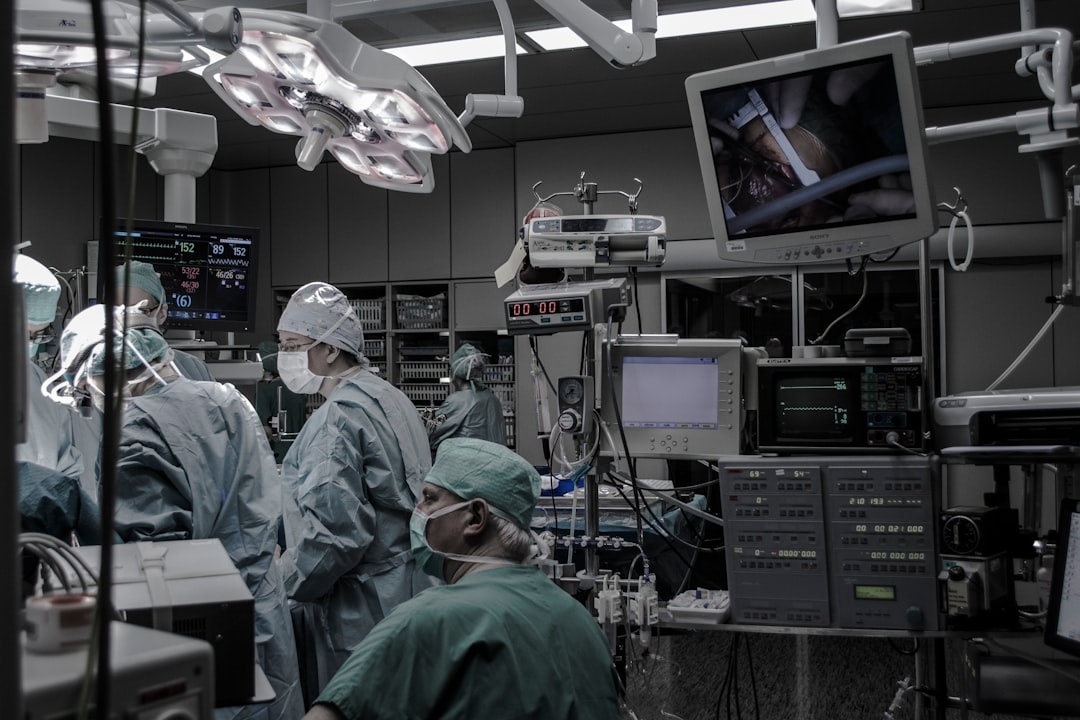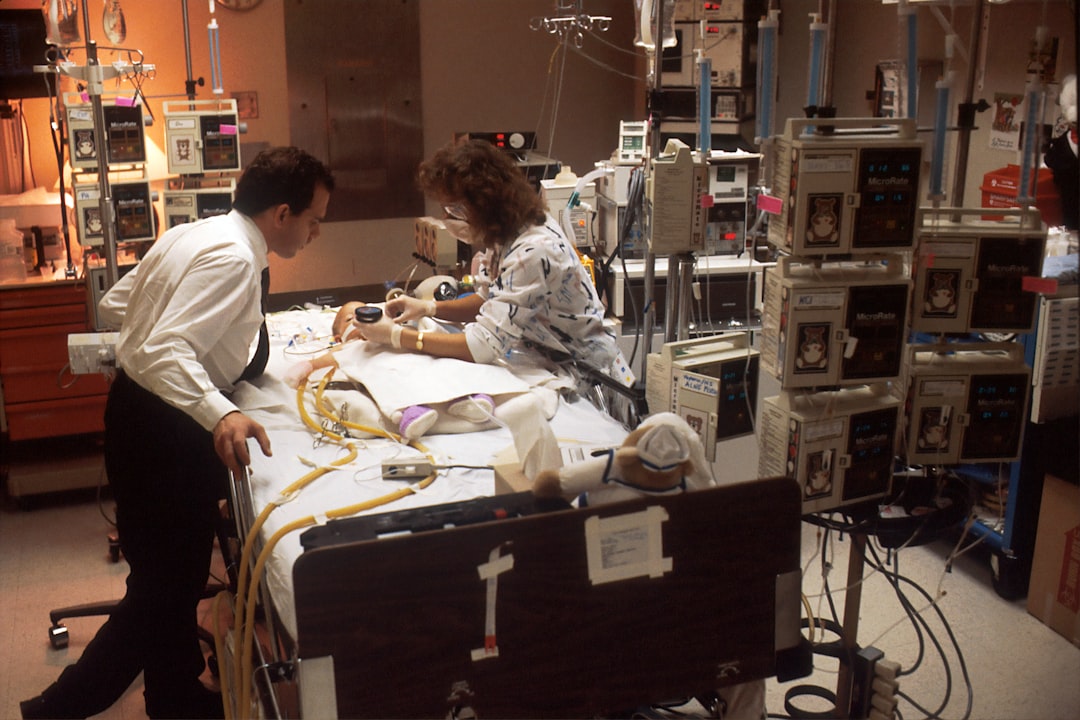What Is a Cath Lab Tech? Understanding this High-Stakes Cardiac Career

Every time someone undergoes a heart catheterization or emergency intervention to restore blood flow during a heart attack, a team of highly skilled medical professionals is behind the scenes ensuring the procedure’s success. One of the essential members of this lifesaving team is the cardiac catheterization laboratory technologist—commonly known as a cath lab tech. This high-stakes and fast-paced career blends advanced technology, medical expertise, and critical care decision-making.
TLDR (Too Long; Didn’t Read)
A cath lab tech is a cardiovascular technologist who assists physicians during diagnostic and interventional heart procedures, including angioplasties, stent placements, and pacemaker insertions. Their job requires a high level of precision, technical skill, and the ability to perform under pressure. Working in a team environment, often during cardiac emergencies, they play a vital role in saving patients’ lives. The career offers strong job prospects, specialized training, and the opportunity to work in cutting-edge medical environments.
What Is a Cath Lab Tech?
A catheterization laboratory technologist, or cath lab tech, is a specialized medical professional who assists cardiologists during procedures used to diagnose and treat cardiovascular conditions. Working primarily in hospitals or outpatient cardiac centers, cath lab techs operate sophisticated imaging equipment, monitor patients’ vital signs, and prepare tools and medications needed for invasive cardiac procedures.

Cath lab procedures typically involve inserting a catheter—a thin, flexible tube—into a patient’s blood vessel to reach the heart. These procedures help diagnose blocked arteries, assess valve function, or even perform life-saving interventions during a heart attack. As such, cath lab techs must be quick thinkers, highly skilled, and comfortable with high-pressure medical environments.
Key Responsibilities of a Cath Lab Tech
In the high-stakes setting of a catheterization lab, cath lab technologists perform a wide array of tasks, which include:
- Preparing equipment and rooms: Ensuring that the sterile field is maintained and all necessary tools are ready for procedures.
- Assisting during procedures: Handing instruments to the physician, measuring pressures, and administering contrast agents.
- Monitoring patient vitals: Keeping a close watch on vital signs like blood pressure, oxygen levels, and heart rhythm throughout the procedure.
- Operating imaging equipment: Managing X-ray and fluoroscopy machines to visualize the patient’s arteries and guide the catheter.
- Emergency response: Assisting in code situations and being trained in advanced cardiac life support (ACLS).
Procedures a cath lab tech may work on include angiograms, angioplasties, placement of stents, insertion of pacemakers and defibrillators, and electrophysiology studies.
Skills and Qualities Needed
The role of a cath lab tech involves using precise judgment in real-time situations that may determine life or death. Therefore, several critical skills and traits are essential:
- Technical knowledge: Understanding imaging equipment, surgical tools, and cardiac anatomy.
- Attention to detail: Small mistakes can have serious consequences in cardiac procedures.
- Communication: Ability to work closely with physicians, nurses, and fellow techs in a high-stress environment.
- Endurance: Procedures can last several hours, requiring focus and stamina.
- Critical thinking: Quick decision-making during emergencies is often a part of the job.
Education and Certification
Becoming a cath lab tech typically involves completing a two-year associate degree in cardiovascular technology or a related field, although some may enter the field through certification programs or on-the-job training.
Many cath lab techs obtain certification from the Cardiovascular Credentialing International (CCI) or the American Registry of Radiologic Technologists (ARRT). These certifications may include credentials such as:
- RCIS (Registered Cardiovascular Invasive Specialist)
- RT(R) or RT(CV) Radiologic Technologist
Employers often prefer or require certification, and ongoing education is essential to maintain credentials and stay updated with new cardiac technologies and procedures.
Working Conditions
Cath lab technologists usually work in hospital environments, outpatient cardiology clinics, or specialized heart centers. Their schedules can vary, but they often include:
- Day shifts with on-call responsibilities: Emergencies can happen anytime, requiring techs to be ready outside of regular hours.
- Long procedures: Some interventions can last several hours, requiring physical and mental endurance.
- Radiation safety protocols: Wearing lead aprons and shields, as they’re regularly exposed to radiation during imaging procedures.

While the job can be physically demanding and emotionally intense, it’s also deeply rewarding. Cath lab techs often witness firsthand the dramatic recovery of patients following successful cardiac interventions.
Career Outlook and Salary
The demand for cath lab technologists is expected to grow steadily due to the aging population and increasing prevalence of heart disease. According to the U.S. Bureau of Labor Statistics, cardiovascular technologists and technicians have a projected job growth of 10% between 2022 and 2032, which is faster than the national average.
Cath lab techs can expect competitive salaries, often ranging from $55,000 to over $90,000 annually depending on experience, location, certifications, and work setting. Those with advanced credentials and experience in high-volume centers often reach the top of this pay scale.
Why Choose This Career?
Becoming a cath lab tech offers a unique blend of high-tech clinical work and emotional fulfillment. Many professionals in this field take pride in:
- Saving lives: Providing immediate care to patients experiencing heart attacks or life-threatening arrhythmias.
- Using cutting-edge technology: Working with the latest equipment and medical imaging tools.
- Team environment: Being part of a close-knit, collaborative medical team.
- Professional growth: Opportunities for specialization, education, and cross-training in areas like electrophysiology or interventional radiology.
Those drawn to fast-paced environments and purpose-driven careers will find the cath lab to be a dynamic and meaningful place to build a lifelong profession.
Frequently Asked Questions (FAQ)
-
What does a cath lab tech do?
A cath lab tech assists physicians during cardiac catheterizations, angioplasties, and pacemaker insertions by preparing equipment, monitoring vitals, and managing imaging tools. -
How do I become a cath lab technologist?
Most candidates complete an accredited associate degree or certification program in cardiovascular technology and often gain certification through CCI or ARRT organizations. -
Is this a stressful job?
Yes, cath lab techs often deal with emergency heart procedures and must remain calm and highly focused under pressure. -
How much does a cath lab tech make?
Salaries typically range from $55,000 to $90,000 annually, depending on experience, certifications, and healthcare facility. -
Do cath lab techs work long hours?
They usually work 8–12-hour shifts and may need to be on call for emergencies, including nights and weekends.
In summary, being a cath lab tech is more than just running machines—it’s about participating in life-saving procedures and making a tangible difference in patients’ lives every day. For those aspiring to join the cardiovascular field, it represents a challenging yet deeply rewarding path.
